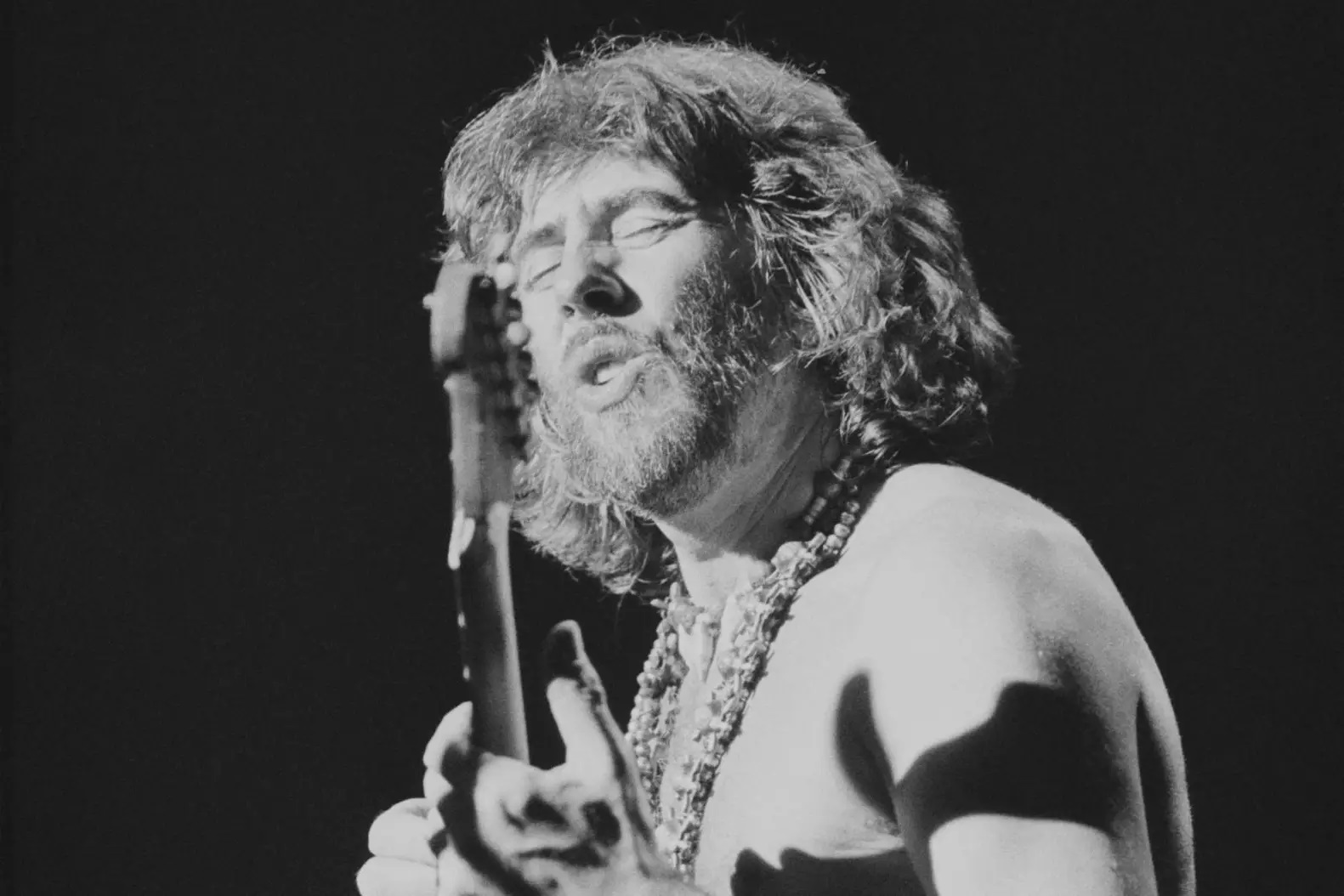John Mayall, often referred to as the “Godfather of British Blues,” has left an indelible mark on the music world. With a career spanning over six decades, Mayall’s contributions to blues music have earned him a revered place in the genre’s history.
Early Life and Influences
Born on November 29, 1933, in Macclesfield, Cheshire, England, John Mayall grew up in a musical household. His father, Murray Mayall, was a jazz guitarist, and his collection of 78 RPM records introduced young John to the world of music. Inspired by the likes of Lead Belly, Big Bill Broonzy, and Eddie Lang, Mayall developed a passion for the blues.
During his teenage years, Mayall taught himself to play piano, guitar, and harmonica. After completing his studies at the Manchester College of Art, he worked as a graphic designer, but music remained his true calling.
The Birth of the Bluesbreakers
In 1963, Mayall moved to London and formed the band John Mayall & the Bluesbreakers. The group became a breeding ground for some of the greatest talents in rock and blues music. Legendary musicians such as Eric Clapton, Peter Green, Mick Fleetwood, John McVie, and Mick Taylor all passed through the ranks of the Bluesbreakers, using the band as a launching pad for their own illustrious careers.
The 1966 album Blues Breakers with Eric Clapton was a landmark recording that cemented Mayall’s reputation as a central figure in the British blues explosion. The album’s raw energy and authentic blues sound resonated with audiences and inspired countless musicians.
Musical Evolution
Mayall’s ability to adapt and experiment with his music set him apart from his contemporaries. Throughout the late 1960s and 1970s, he explored different styles, incorporating elements of jazz, rock, and folk into his blues foundation. Albums like The Turning Point (1969), which featured an acoustic, drumless ensemble, showcased Mayall’s innovative spirit.
In addition to his prolific recording career, Mayall’s live performances were renowned for their energy and improvisation. He built a loyal fanbase worldwide, touring extensively and sharing the stage with other blues legends.
Legacy and Recognition
John Mayall’s influence on the blues genre is immeasurable. He is credited with popularizing American blues in the UK and mentoring some of the most celebrated musicians of all time. His contributions have earned him numerous accolades, including an appointment as an Officer of the Order of the British Empire (OBE) in 2005 for his services to music.
Despite officially retiring from touring in 2021, Mayall’s music continues to resonate with audiences. His extensive discography, which includes over 60 albums, serves as a testament to his enduring passion and creativity.
Conclusion
John Mayall’s life and career are a testament to his unwavering dedication to the blues. As a pioneer, mentor, and innovator, he has ensured that the blues remains a vital and dynamic genre. His legacy will undoubtedly continue to inspire future generations of musicians and fans alike.


Comments are closed